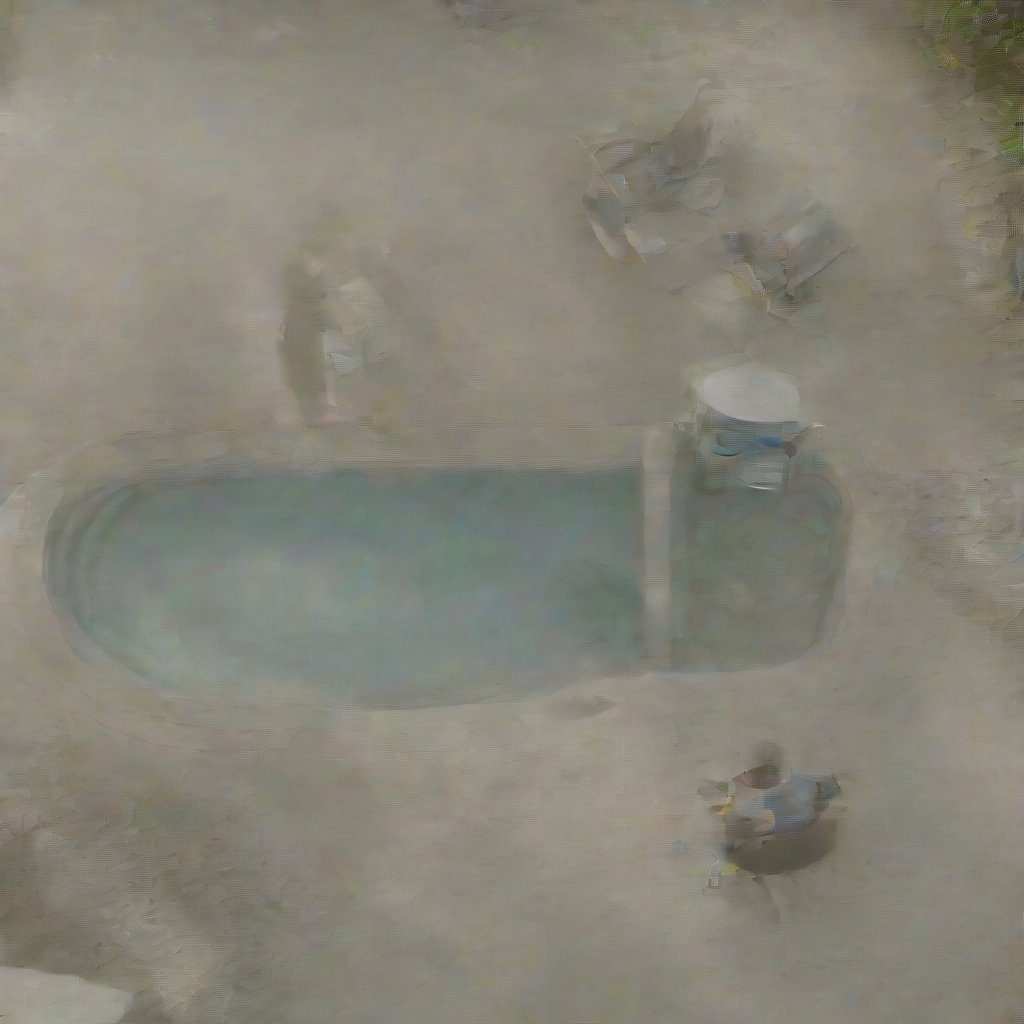How long do pool cleaners typically last? This question refers to the average lifespan of pool cleaning devices, which can vary based on type and usage.
Have you ever wondered, ‘How long do pool cleaners typically last?’ If you’re a pool owner or considering hiring pool cleaning services, understanding the lifespan of these essential tools is crucial.
In this post, we will explore the average longevity of different types of pool cleaners, factors that affect their durability, and tips to extend their life.
By the end, you’ll have valuable insights that can help you make informed decisions about your pool maintenance.

Are you tired of wondering how long your pool cleaner will last? If so, you’re not alone. Pool maintenance is crucial for enjoying a clean and safe swimming environment, and knowing the lifespan of your equipment can help you plan effectively. In this article, we will explore the average lifespan of pool cleaners and the factors that can influence their durability.
Understanding Pool Cleaners: Types and Features
Pool cleaners come in various types, each designed to tackle different cleaning challenges. The most common types include:
- Robotic Pool Cleaners: These autonomous devices navigate your pool, climbing walls and scrubbing surfaces, powered by electricity.
- Suction Pool Cleaners: Utilizing your pool’s existing filtration system, these cleaners suck up debris from the pool floor and walls.
- Pressure Pool Cleaners: These cleaners use the pressure from your pool’s pump to move around and collect dirt, often requiring a booster pump.
Understanding the unique features of each type is vital for making an informed choice and knowing what to expect from their lifespan.
The Importance of Regular Maintenance for Longevity
Just like any other equipment, regular maintenance can significantly extend the lifespan of your pool cleaner. Here’s how:
- Cost-Effectiveness: Regular maintenance can save you money in the long run by preventing costly repairs or replacements.
- Overall Pool Health: A well-maintained cleaner helps keep your water clear and free of harmful bacteria.
- Convenience: A reliable cleaning system means less hassle and more time enjoying your pool.
As experts in pool cleaning, we at Jolly Family have observed that regular upkeep can add years to your pool cleaner’s lifespan.
Key Factors to Consider When Choosing a Pool Cleaner
When selecting a pool cleaner, consider the following factors:
- Pool Size: Ensure that the cleaner is suitable for the size of your pool.
- Type of Debris: Different cleaners are designed for different types of dirt and debris. Knowing what your pool collects can guide your choice.
- Cleaning Frequency: Regular cleaning needs may dictate the type of cleaner best suited for your pool.
Choosing the right cleaner based on these criteria can greatly impact its longevity and effectiveness.
Step-by-Step Guide to Setting Up Your Pool Cleaner
Setting up your pool cleaner properly is essential for maximizing its efficiency. Here’s a quick guide:
- Read the manufacturer’s instructions carefully.
- Install any necessary components, such as hoses or filters.
- Configure settings based on your pool type and debris.
- Test the cleaner in the pool to ensure it operates correctly.
By following these steps, you can help ensure that your cleaner works effectively from the start.
Advanced Tips for Enhancing Pool Cleaner Efficiency
To get the most out of your pool cleaner, consider these advanced tips:
- Scheduling: Set a regular cleaning schedule to keep your pool in top shape.
- Troubleshooting: Familiarize yourself with common issues and solutions to keep your cleaner running smoothly.
- Use Accessories: Accessories like leaf bags or booster pumps can enhance cleaning efficiency.
Implementing these tips can help extend the lifespan of your pool cleaning equipment.
Common Mistakes to Avoid with Pool Cleaning Equipment
To ensure your pool cleaner lasts as long as possible, avoid these common pitfalls:
- Improper Usage: Always use the cleaner as instructed by the manufacturer.
- Neglecting Maintenance: Regular cleaning and inspections are crucial.
- Ignoring Small Repairs: Address minor issues before they become major problems.
Being aware of these mistakes will help you maintain your equipment more effectively.
Conclusion
In summary, the lifespan of pool cleaners can vary based on type, maintenance, and usage. By understanding the different types of cleaners, the importance of regular maintenance, and the right selection criteria, you can ensure your pool cleaner lasts as long as possible. For expert services in pool cleaning and maintenance, consider the Jolly Family, with a decade of experience serving the Orlando area.
Our Expertise in Pool Cleaning
This content reflects our deep experience in the pool cleaning market. With 10 years of operation, we specialize in pool cleaning, pool water treatment, preventative maintenance of pool decks and equipment, filter and pump cleaning, and installation of hydraulic equipment and filters in Davenport, Kissimmee, Celebration, Saint Cloud, Poinciana, ChampionsGate, Reunion, Four Corners, Haines City, Hunters Creek, Winter Garden, Windermere, and Orlando. This positions us as a trusted source for understanding how long pool cleaners typically last.
Our Location: 9102 Hotoon Way – Devenport – Orlando – Florida
Frequently Asked Questions
How long do pool cleaners typically last?
Pool cleaners generally last between 5 to 10 years, depending on the type, brand, and maintenance. Robotic cleaners tend to have a longer lifespan compared to suction and pressure cleaners. Regular maintenance and proper usage can extend their longevity.
What factors affect the lifespan of a pool cleaner?
The lifespan of a pool cleaner can be influenced by factors such as the type of cleaner, frequency of use, water chemistry, maintenance practices, and the quality of the components. Harsh pool conditions can also lead to quicker wear and tear.
How can I extend the life of my pool cleaner?
To extend the life of your pool cleaner, perform regular maintenance, including cleaning filters, checking for clogs, and inspecting parts for wear. Store it properly during the off-season and ensure it’s suitable for your pool type to minimize damage.
What are the signs that my pool cleaner needs to be replaced?
Signs that your pool cleaner may need to be replaced include reduced cleaning efficiency, unusual noises, frequent breakdowns, and visible wear on parts. If repairs become too costly or frequent, it might be time to consider a new unit.
Are there warranties for pool cleaners?
Yes, many pool cleaners come with warranties that typically range from 1 to 3 years. The warranty may cover parts and labor for manufacturing defects, but not for wear and tear from regular use. Always read the warranty details before purchasing.



